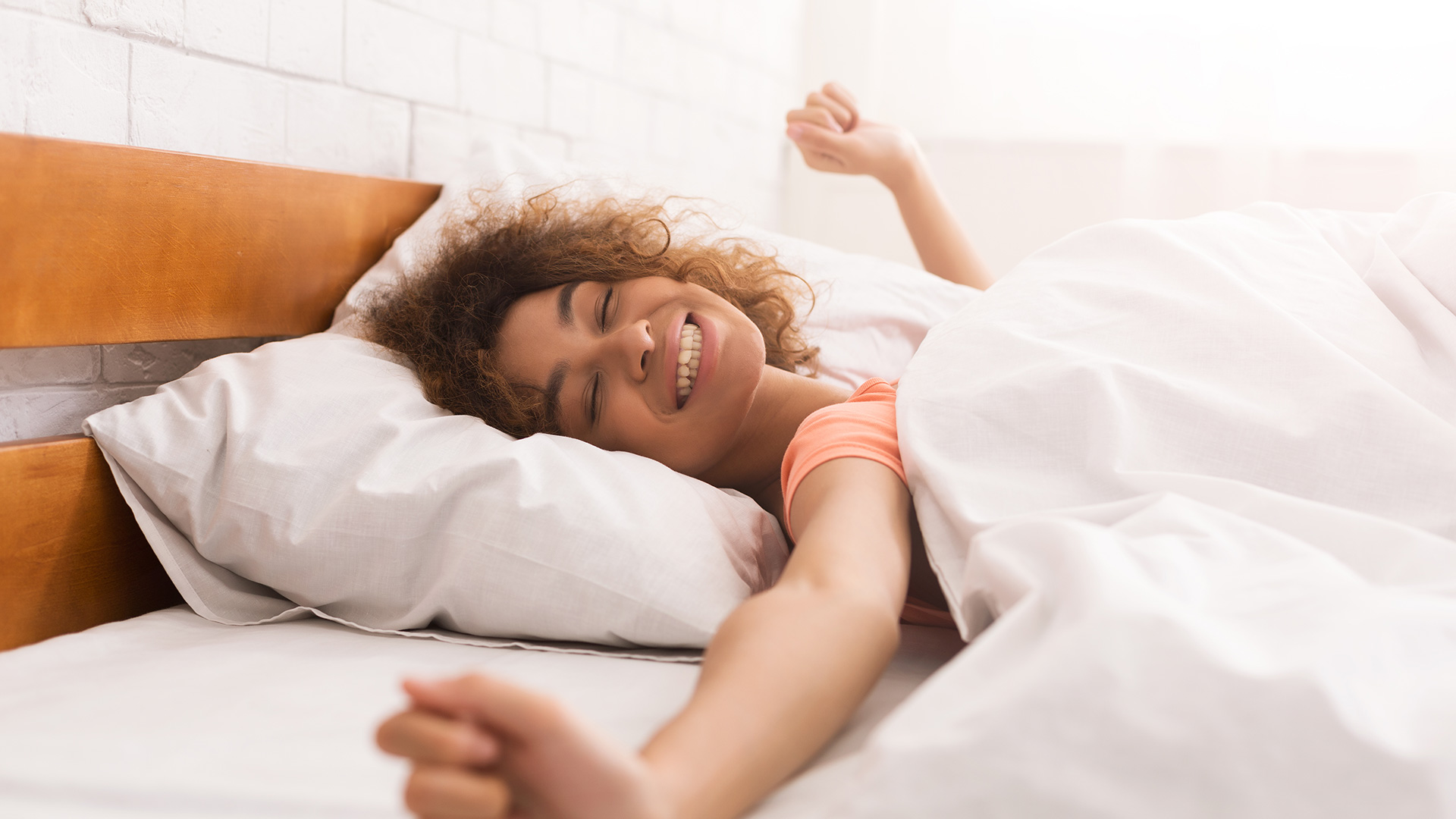

At the very core of our functionality is sleep. We all know that sluggish, hazy feeling of trudging through the day when we barely slept the night before. But why is sleep so elusive and how can we sleep better and in turn feel better?
While there's no secret universal recipe for sleep (although having the best mattress can help), a few simple tips could make all the difference in sleep quality and in turn, positively impact mood, health, and energy levels. We're all different and require different amounts of sleep to wake up feeling refreshed and energized, so what works best for you might not work for your partner or your best friend. Here are 9 tips that can help you sleep better.
1. Embrace the darkness
If you've ever tried to sleep in a less than ideal situation, you understand the importance of making the space you're sleeping in as comfortable as possible. Sleeping on a comfy mattress with the best duvet with the best pillows is certainly a major component in the good sleep equation, but this topic goes a bit beyond that.
Setting an ideal scene in your bedroom includes elements like choosing a calming colour palette to create a relaxing environment. Be sure your bedroom has window coverings that allow the room to stay dark – this can be especially important if you live in a city that experiences a high amount of light pollution.
2. Keep it cool
Room temperature is worth paying attention to. A room that is either too hot or too cold can interfere with the body's circadian rhythm or the sleep/wake cycle. This is especially true in hot temperatures so try to keep your sleep environment within a comfortable temperature range.
If you find your room overheating, head to our guide to the best fans (or even the best air conditioner) to take things down a notch. Temperature is also something to be wary of when picking your mattress – some memory foam models can trap heat, so look for ones that have a cooling top layer.
3. Pay attention to diet, especially later in the day
While some people can chug coffee until bedtime and sleep like a baby, others may struggle. Nutrition at any time of the day plays a strong role in the quality of sleep, and there are certain foods to eat (and avoid) to help you sleep better. A study from Japan showed that females who consumed more sweets and carbs reported lower sleep quality than their counterparts. Those who reported poor sleep also consumed more energy drinks and sugary beverages. A well-balanced diet that focuses on lean protein and vegetables may help your body get better sleep.
Sign up to the T3 newsletter for smarter living straight to your inbox
Get all the latest news, reviews, deals and buying guides on gorgeous tech, home and active products from the T3 experts
As the day wears on, be mindful of caffeine and alcohol consumption, both of which can negatively impact sleep quality. Caffeine acts as a stimulant and could be a factor in sleep disturbances and insomnia. Alcohol has shown links to interfering with the body's natural sleep cycle, resulting in more frequently segmented sleep patterns – waking in the middle of the night.
It's entirely possible to get a good night's sleep after having your morning coffee and a glass of wine with dinner, but limit intake as bedtime gets closer. For more details, take a look at how eating late at night affects your sleep.
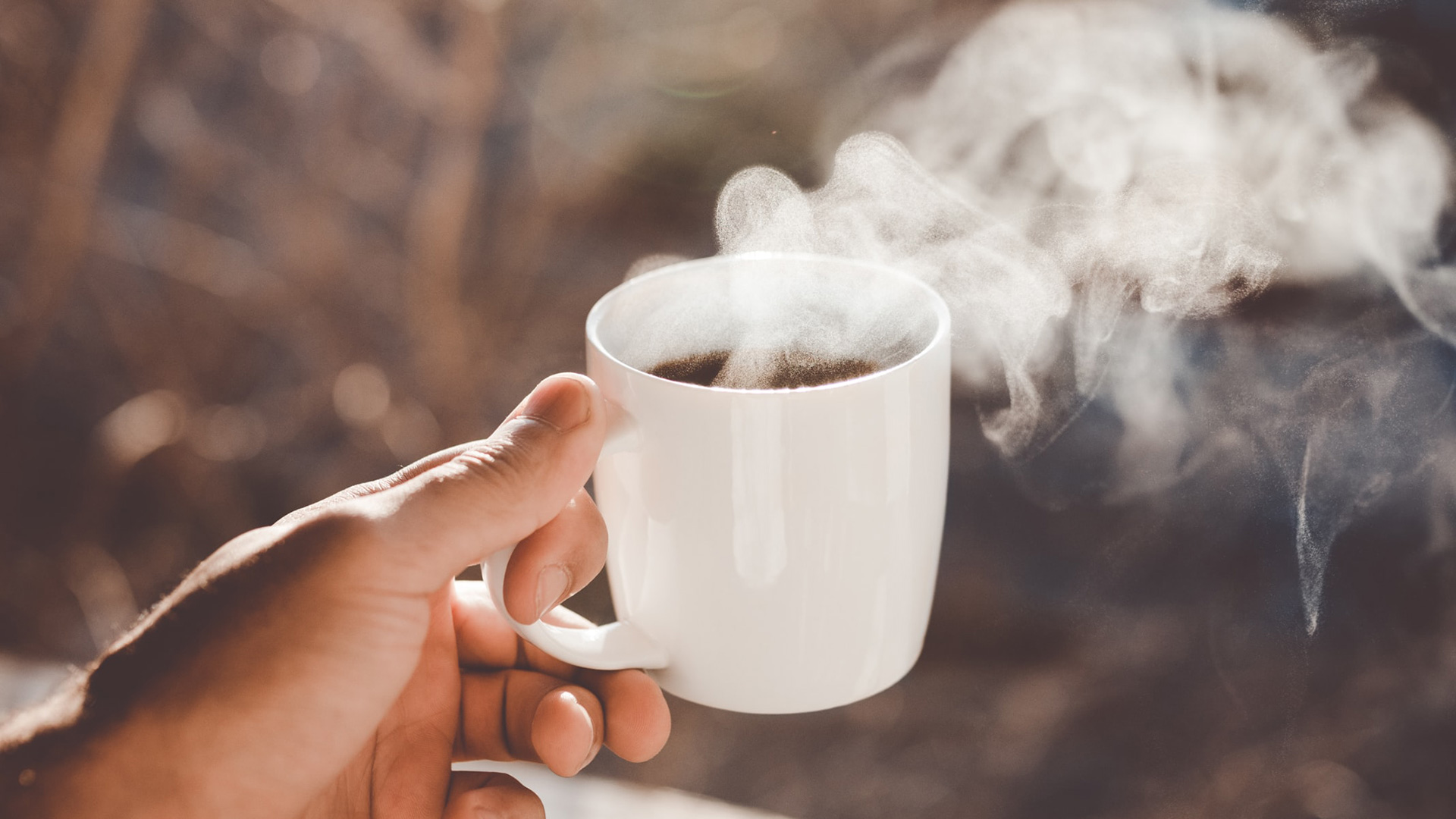
4. Pick comfy bedding & clothing
Scratchy sheets aren't invited to this slumber party and neither are uncomfortable pajamas. When choosing your bedding and what you'll sleep in, choose fabrics that feel soft to the touch and won't irritate the skin or cause disturbances to your sleep.
Like Goldilocks and the Three Bears, finding a bed that's just right for you is key to sleeping better at night. Invest in the best mattress for you, the best sheets you like, and cosy sleepwear. These three elements, on their own, could be your ticket to a better night's sleep.
5. Consider a weighted blanket
You may have heard a buzz recently about weighted blankets. They've been around for a while – originally with more specialist medical uses – and have recently hit the mainstream thanks to their uses in relieving insomnia. Head to our guide to the best weighted blankets for more info, but in essence these are blankets with weights sewn in. The gentle, even pressure against the user's body is supposed to be soothing, like a full-body hug, helping reduce restlessness, promote relaxation and help you fall asleep quickly.
6. Clear your mind before bed
Set aside some time at the end of day for a bedtime routine. This is an opportunity to focus on winding down from the day and introduce your body and mind into a calming and relaxed state. With the world buzzing around us all day, it's common to feel the weight of stress and anxiety at night. To combat this, find an activity like yoga or meditation that helps you clear your mind – or try these breathing exercises designed to calm you down. Many find that making a to-do list for the following day shortened the time needed to fall asleep at night.
7. Stick to a schedule, even on the weekend
While it may seem like the perfect weekend treat to stay up late and sleep in, going to bed significantly later than your normal bedtime and sleeping in can lead to throwing off the circadian rhythm – the body's natural sleep/wake cycle. This may make you feel fantastic and rested during the weekend, however it has potential to throw off your sleep schedule during the rest of the week. To the best of your ability, maintain a similar bedtime and wake up time.
Invest in one of the best alarm clocks to ensure you're up (reasonably) bright and early on your days off. If that sounds too jarring, you could also consider a sunrise lamp (or wake up light) – these gradually light your room to wake you up more naturally.
8. Embrace a bedtime routine
While it may sound monotonous and boring, establishing a bedtime routine you follow every night may be the key to sleeping better. This routine could be as simple as brushing your teeth, doing some light stretching, and then crawling into bed with a book. The act of going through a routine will become a habit of mind and body, indicating to both that the day is winding down and it's time for calm, peaceful relaxation before falling asleep.
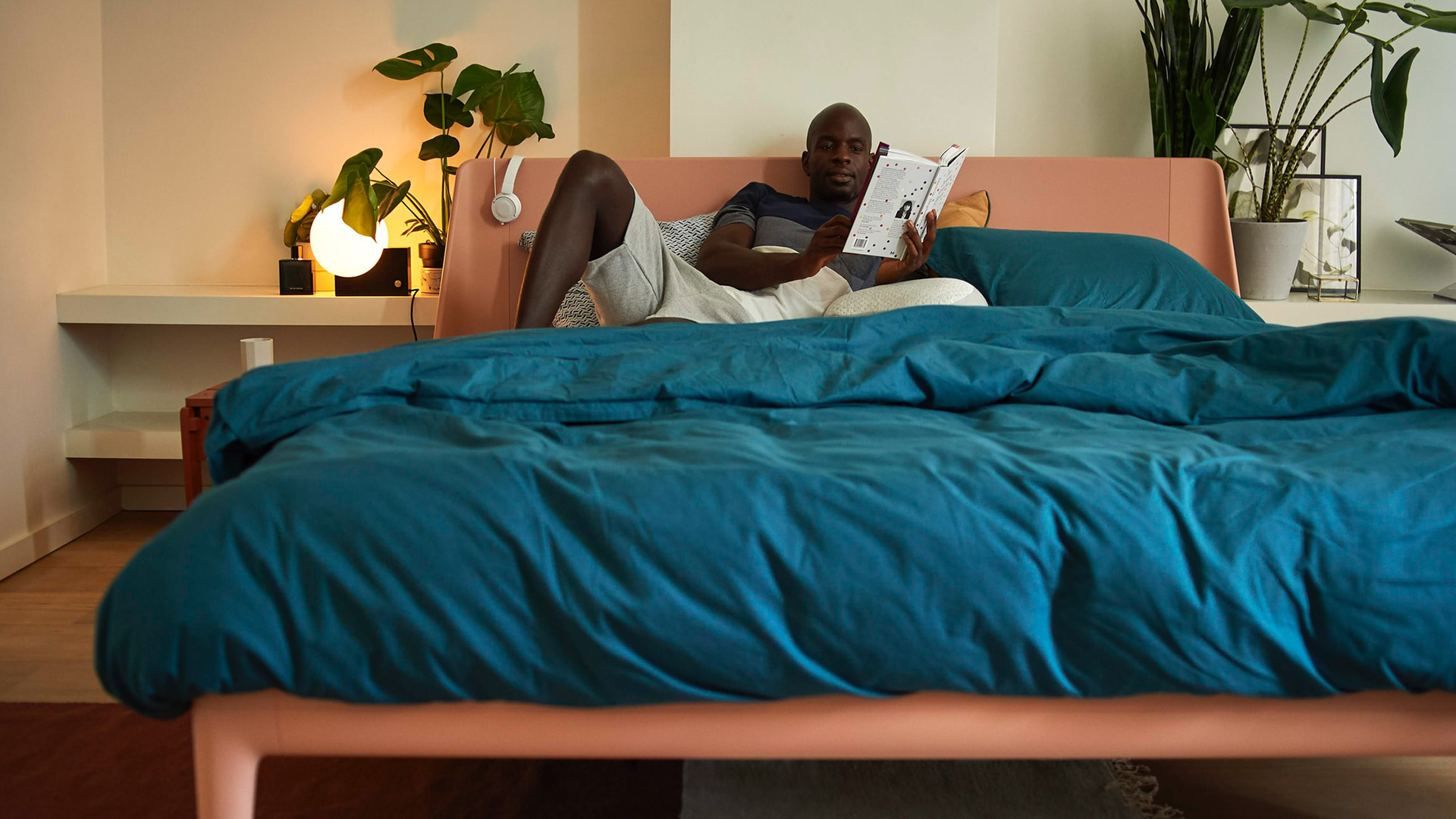
9. Exercise during the day
While it may feel counterintuitive to raise heart rate and release endorphins to get better sleep, exercising during the day has shown effective in getting high-quality, restful sleep at night. Individuals who exercised during the day reported less instances of insomnia and less time spent trying to fall asleep. If you're feeling hardcore, you could try a HIIT workout, but if that's a bit much, don't worry. It can be as simple as taking a walk for 30 minutes each day.
Bonus points if this exercise is done outside which provides the body with vitamin D, a known player in getting good sleep (just don't forget the sun cream and sunglasses before you head out the door).
Lauren Allain is a journalist with expertise in health and fitness. Based in Seattle, Washington, she's an avid rock climber and a fan of gummy candy.
-
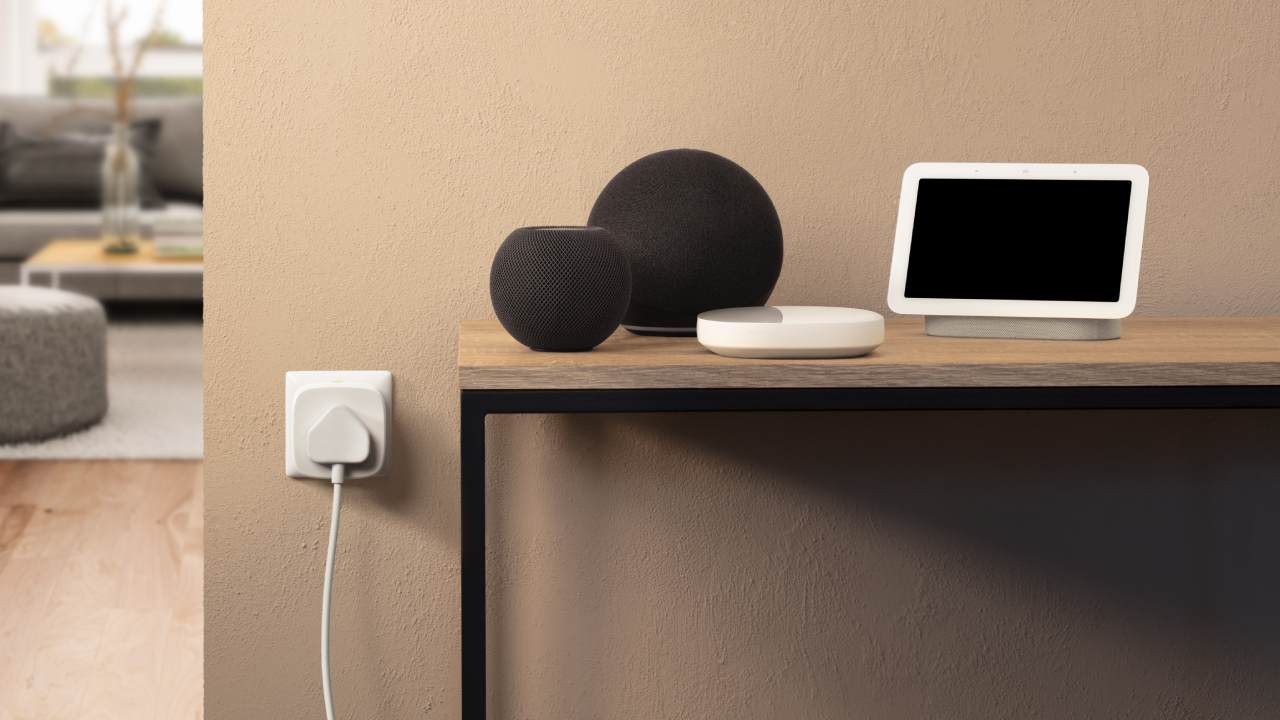 Eve’s smart plug gets impressive Matter upgrades – but I’m most excited about the app
Eve’s smart plug gets impressive Matter upgrades – but I’m most excited about the appEve Energy adds Matter support and an updated Android app
By Bethan Girdler-Maslen
-
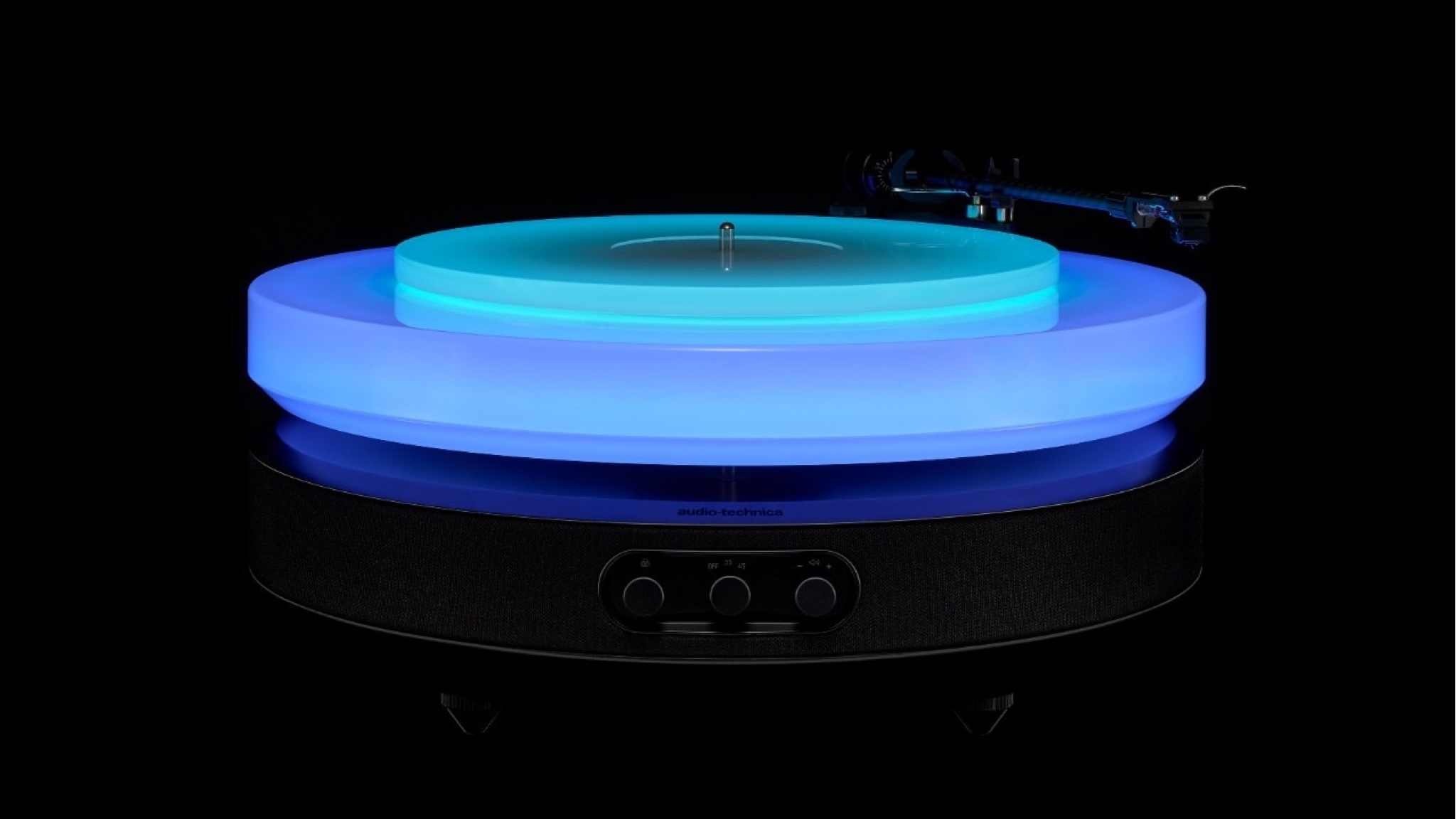 Audio-Technica’s latest luxury turntable will light up your life, and your records
Audio-Technica’s latest luxury turntable will light up your life, and your recordsThis strictly limited turntable is a feast for the eyes as well as the ears
By Carrie Marshall
-
 I spent 6 weeks with the FoodMarble Aire 2: here’s what I learned about my gut health
I spent 6 weeks with the FoodMarble Aire 2: here’s what I learned about my gut healthI’ve been testing the clever breath-testing gadget with the companion app over several weeks to find out if it delivers on its promises
By Lee Bell
-
 Oil pulling is going viral on TikTok for stopping morning breath – but does it actually work?
Oil pulling is going viral on TikTok for stopping morning breath – but does it actually work?4 hacks that prevent morning breath, according to a sleep expert
By Bethan Girdler-Maslen
-
 These limited edition McLaren x Loop earplugs are what you need for Formula 1 season
These limited edition McLaren x Loop earplugs are what you need for Formula 1 seasonMcLaren teams up with Loop on limited edition noise-reducing earplugs
By Bethan Girdler-Maslen
-
 5 sleep supplements that help me achieve 8+ hours of rest every night
5 sleep supplements that help me achieve 8+ hours of rest every nightIt took me years to perfect my sleep routine – here are the supplements that helped
By Lizzie Wilmot
-
 3 reasons why you wake up at 3am every night – and how to avoid it
3 reasons why you wake up at 3am every night – and how to avoid itAlways waking up in the middle of the night? This could be why…
By Bethan Girdler-Maslen
-
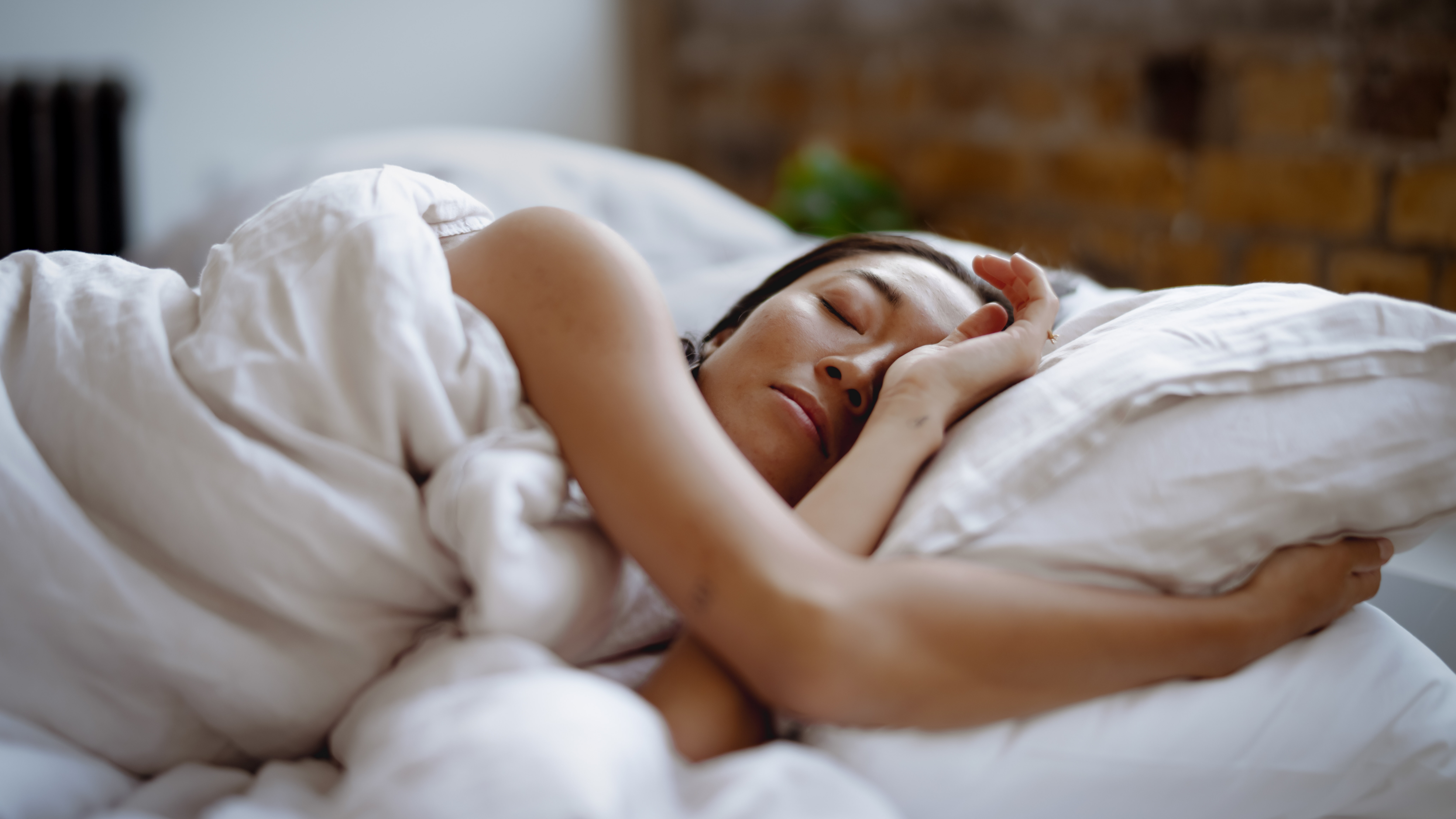 This tiny device will automatically disable your distracting apps before you sleep
This tiny device will automatically disable your distracting apps before you sleepSay hello to Kip...
By Lizzie Wilmot
-
 Therabody experts give 7 tips for perfecting your sleep routine for World Sleep Day
Therabody experts give 7 tips for perfecting your sleep routine for World Sleep DayFrom breathing exercises to sleep masks, here’s how to prioritise sleep, according to experts
By Bethan Girdler-Maslen
-
 Loop Dream review: super soft earplugs to help you snooze soundly, even if you’re a side sleeper
Loop Dream review: super soft earplugs to help you snooze soundly, even if you’re a side sleeperSquishy silicone and uniquely shaped ear tips take Loop’s nighttime earplugs to dreamy heights
By Joanna Ebsworth